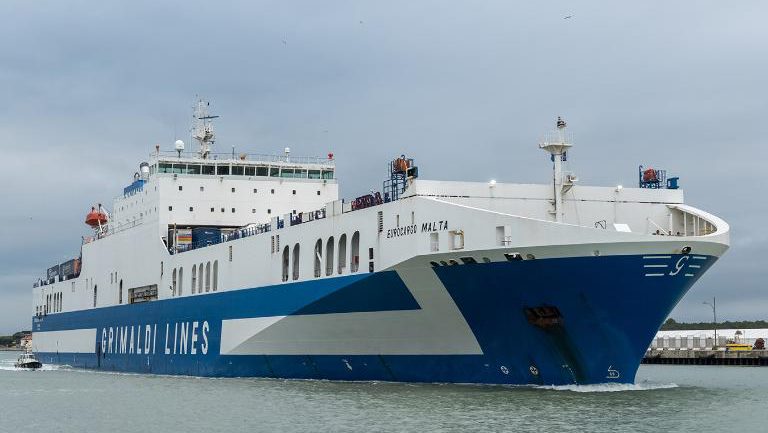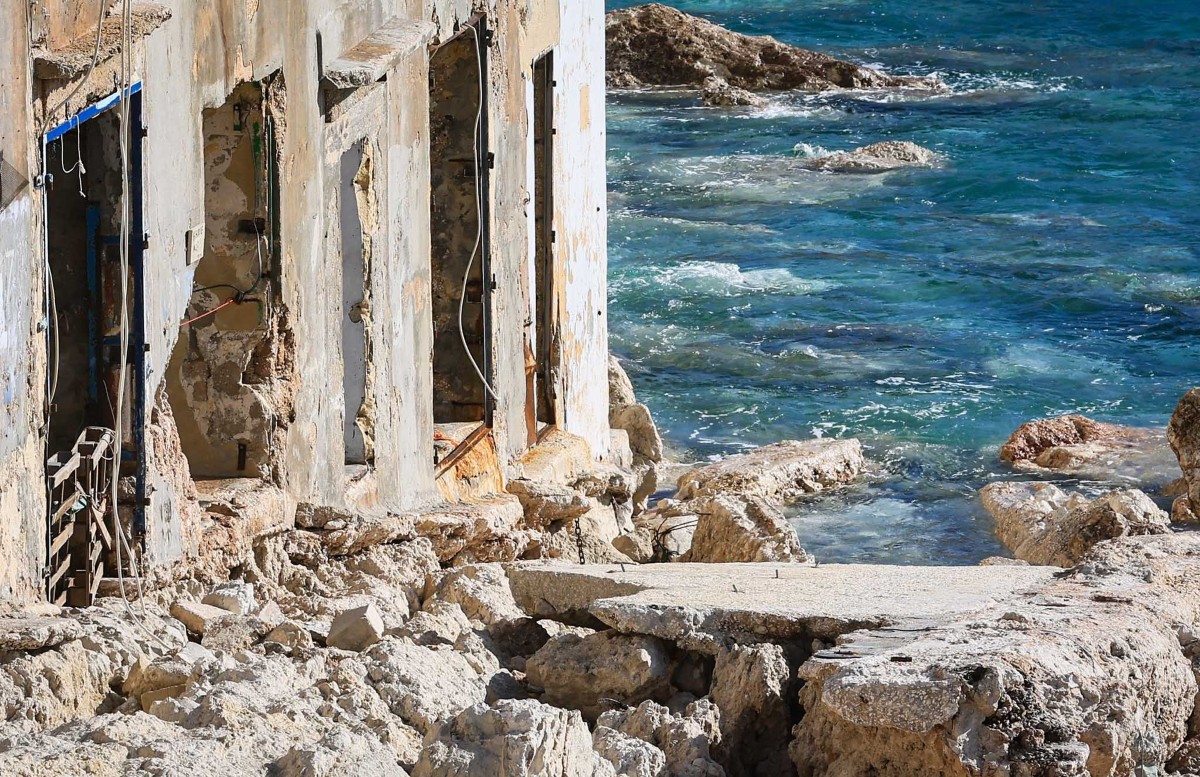The surcharge applied to shipping to and from Malta due to the entry into force of the European Union’s Emissions Trading Scheme for the maritime sector should have been foreseen and provisioned for in the Government Budget for 2024, according to Sullivan Maritime director Karl Sullivan, who believes that more could have been done to protect the final consumer from its impact.
Sullivan Maritime is the local agent of Grimaldi Lines, one of the major shipping companies carrying cargo to and from Malta. On Monday, Grimaldi made headlines for being the first company to announce the surcharge on its routes, calculated per metre of space.
Speaking to BusinessNow.mt, Mr Sullivan and Sullivan Maritime senior manager Manuel Portelli are at pains to emphasise that Grimaldi is simply the first, and certainly not the last, shipping line to add a surcharge to its prices.
“I hope the blame is not placed on the shipper,” says Mr Portelli. “No one says anything when shipping prices go down but the price of a carton of milk remains the same. Now that shipping lines are being forced to take this action, some are trying to make it sound as if Grimaldi is unilaterally raising its rates. People should not take advantage.”
Asked for a ballpark figure of the increase in proportion to current costs, he estimates that it could reach up to 10 per cent, while qualifying the statement by pointing out that rates vary from customer to customer.
Describing it as a “very complex calculation”, Mr Sullivan explains that cost to shipping companies is determined by the type, age, amount of cargo carried, destination and routes of their ships.
Beyond the impact on consumers, the new expenses will also have an impact on Malta and the EU’s competitiveness, Mr Portelli continues.
“I believe it could have been managed better. What is the different between a ship coming into a European port and a North African one? The air is being polluted in both cases, it’s just that it does not have to pay taxes to offset its impact when it is not in Europe.”
Describing the measure as “handing over business to non-EU countries,” Mr Portelli says the issue should have been discussed and decided on by the International Maritime Organisation to enable a global response.
Turning to Malta, Mr Sullivan points out that the Government has long known about the legislation, having signed it back in September: “It is useless crying about it now – taking action at the 11th hour is very late.”
Mr Portelli concurs, adding that meetings should have been held with all major stakeholders to determine the right way to proceeds while keeping in mind the needs of Maltese businesses and consumers.
Featured Image:
Grimaldi Lines’ Eurocargo Malta / Vessel Finder
Storm Harry ‘no excuse to reward illegalities’ – The Malta Chamber
The Malta Chamber pushes back on promise of public support for illegal operations hit by the devastating storm
Sparkasse CEO Paul Mifsud: ‘We built a bank around a community’
The bank’s history has also been closely tied to Malta’s economic evolution
Free childcare lifted thousands of women out of poverty – Central Bank report
A new Central Bank of Malta study sheds light on the sharp decline in severe deprivation among working-age women






